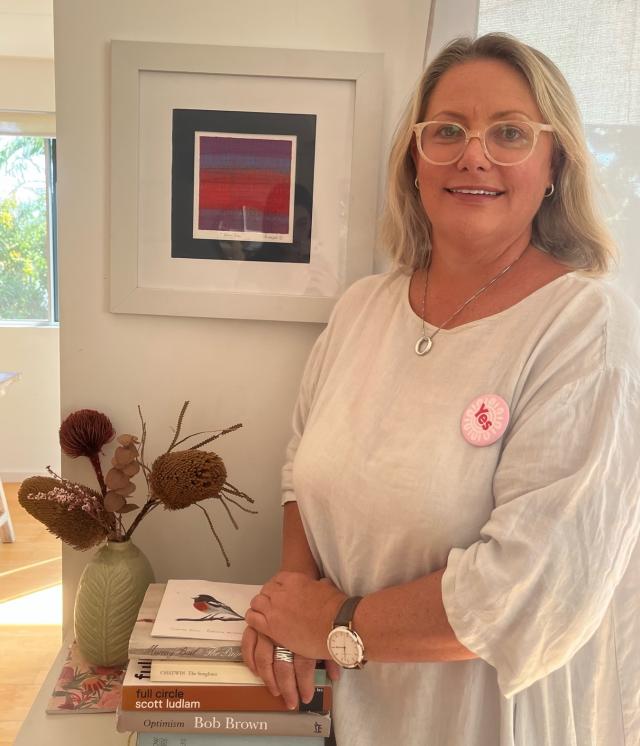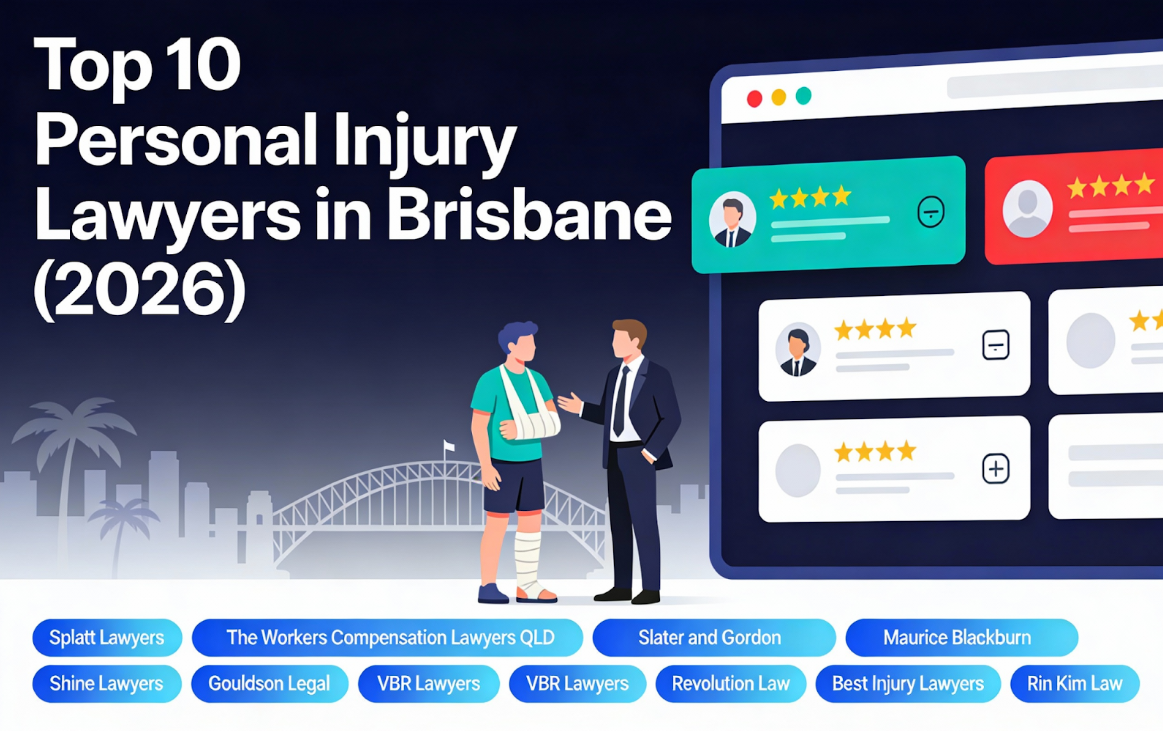It is time we faced the past and made amends. It’s time Aboriginal and Torres Strait Islander people were given the respect and recognition they deserve as the First People of this nation.
I was born in Hobart, Tasmania in 1974. My mother was born in Launceston, Tas; her family came to Perth, WA from Manchester in the early 1900s. She never knew her father, however, I have traced his history to Flinders Island, Tas and was originally from Edinburgh, Scotland.
My father was born in Dubbo, NSW and grew up on King Island, Tas.
His family are fifth generation sheep farmers and storekeepers from northern England, arriving in Australia as free settlers in the early 1800s. My heritage is English, Irish and Scottish. I share this in the spirit of explaining my history, my family and my culture (or lack of it).
I grew up in the Central Queensland town of Rockhampton. As a child, many of my closest friends were Aboriginal and Torres Strait Islander. We connected because we were all outliers, me coming from another State (Tasmania) and them, because they were shunned by white society.
Woorabinda Aboriginal Mission, as it was called then, was about a two-hour drive away, and was home to hundreds of displaced, desolate and destitute Aboriginal people. The conditions they were forced to live in were appalling. For those who moved to the city, the only way they could survive and thrive, was to assimilate. In doing so, they were forced to give up their culture, their language and in many cases, their children. But how do you thrive when everything you knew and everyone you loved was ripped away from you? You don’t. And finding forgiveness is near impossible.
The devastating effects of the systemic racist policies of the past are still writ large in the disproportion rate rates of youth suicide, recidivism, drug and alcohol abuse and violence. These are the effects of humans in crisis. It is not an exclusively Aboriginal or Torres Strait Islander problem, it is a human problem. To our shame, this suffering continues, as the gaps in health, social, educational and economic equity grow wider each year. We must do better.
In my former role as Centre Manager for the Australian Indigenous Mentoring Experience (AIME) at the University of the Sunshine Coast, we tried to encourage Indigenous high school students to fight for a better future through education as the great leveller. But the levels of social exclusion and disadvantage faced by these young people was, in many cases, insurmountable. Whenever I would ask what was troubling them, the response was invariably, “I don’t know where I belong. I don’t know who I am supposed to be. I don’t know my culture and it fills me with shame and sorrow.” To see how this loss of connection to culture, family and purpose, affected these children, breaks my heart to this day.
The treatment of Aboriginal and Torres Strait Islander people in Australia is a terrible blight on our nation’s history that cannot be properly addressed until we make peace with our past. We can only do this by listening to our First Nations People. But it is going to hurt. Old wounds will be reopened, Aboriginal and Torres Strait Islander people may be retraumatised by this truth-telling. We must hold them through their grief, feel our shame together, then listen to how we can make it better. If First Nations Australians are willing to go through this pain to help heal this country for the benefit of all of us, we must, in all conscience, support them in this process.
The Uluru Statement of the Heart brought together Indigenous Leaders from across the nation which called for Voice, Treaty and Truth.
We must honour their collective wisdom by recognising Aboriginal and Torres Strait Islander People through a Voice enshrined in the constitution. It is the least we can do. We will only grow as a nation through this journey of healing and reconciliation. My dearest hope is that we reimagine a positive future for all Australians, one where we learn from each other, share in 60,000 years of culture and better understand our connection and responsibility to care for our land, waters and sea country.
But we must earn that privilege. Now is the time.
I am voting Yes on 14 October to make amends for the past, to give our First Nations people the respect and recognition they deserve and to build a brighter more inclusive future for all Australians.
I hope you can find it in your heart to do the same.









